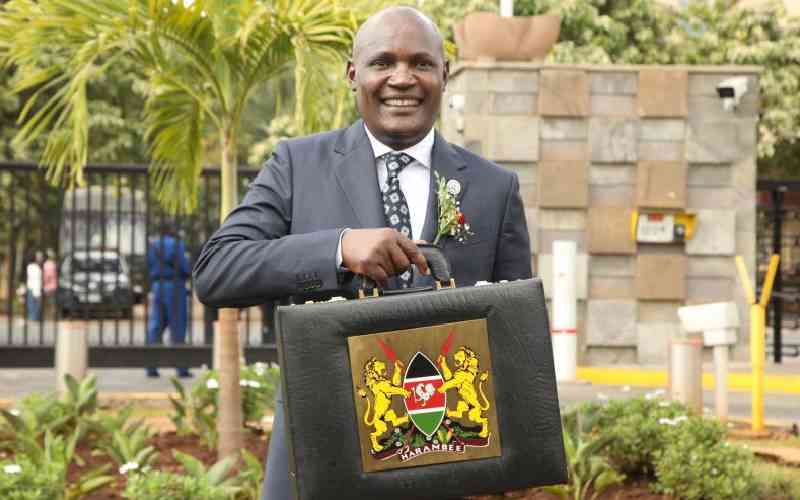Parliament is a pivotal institution of a genuine constitutional democracy. Parliamentarians are transient. In this regard, they should represent the higher ideals and principles of human existence and well-reasoned decision making with future foresight of the country in mind within a globalised world. The 21st century Parliament must be accountable, accessible, transparent, and truly representative of the aspirations and needs of the people.
Parliament does not govern but oversee the Government and legislate. Therefore it is expected to exercise responsibility and propagate ideals of an institution of responsive, accountable and transparent governance and progressive legislation. Parliament together with the Executive and Judiciary are deemed to serve as the guarantors in their respective roles of the rule of law, the promotion and protection of fundamental human rights and the entrenchment of good governance based on the highest standards of integrity, discipline and accountability. The questions before Kenyans today are: “Has the 10th Kenya Parliament faithfully represented their will, reconciled the conflicting interests and expectations of different groups and communities through inclusive democratic means and legislation?” As the key legislative organ, “Has it measured to the task of enacting laws that can withstand time and adequately serve the country in the rapidly changing world?” As the oversight of Government, “Has the 10th Parliament, without pretense, effectively engaged with the core public issues of a genuine representative of electorate, more accessible and accountable to them, more open and transparent in its procedures, and scrutiny of Government?







